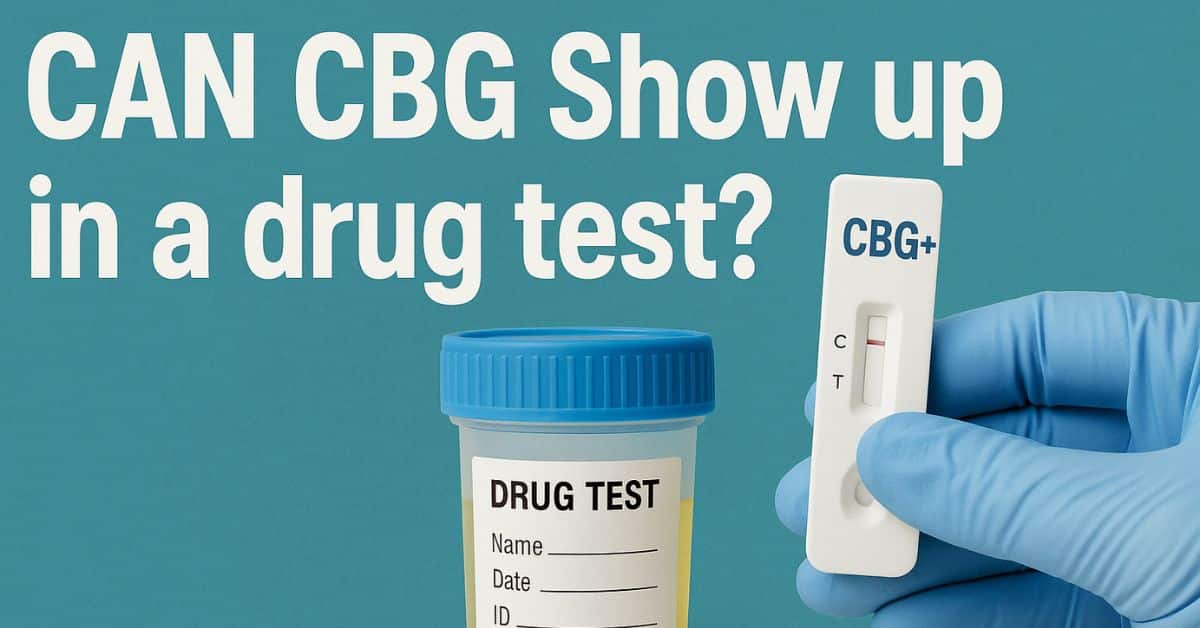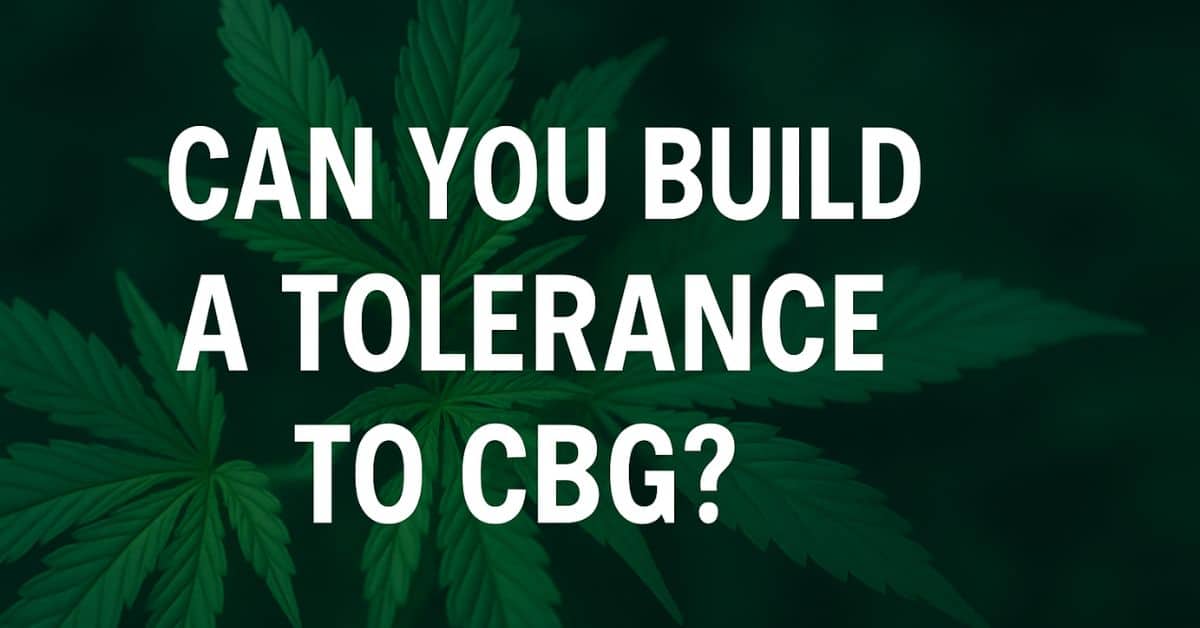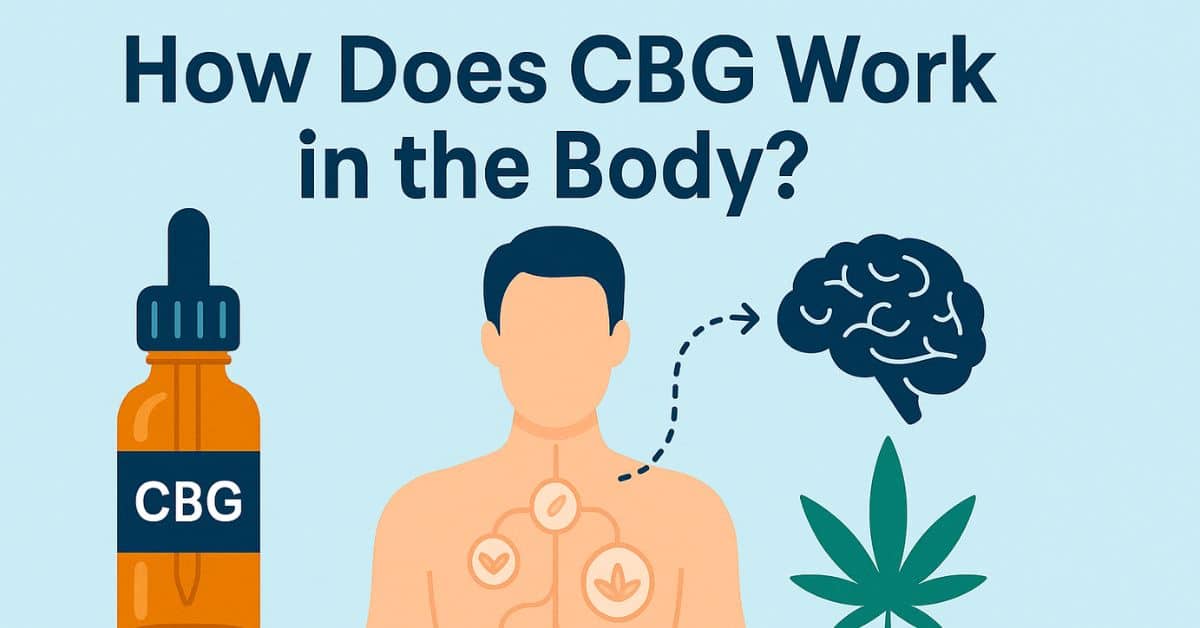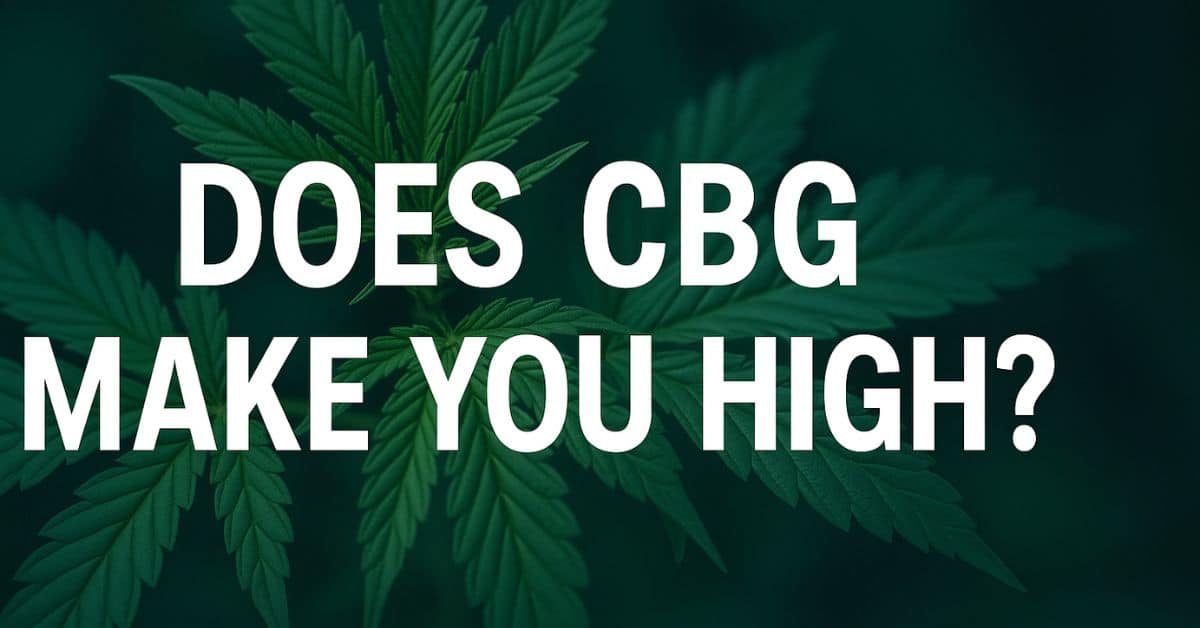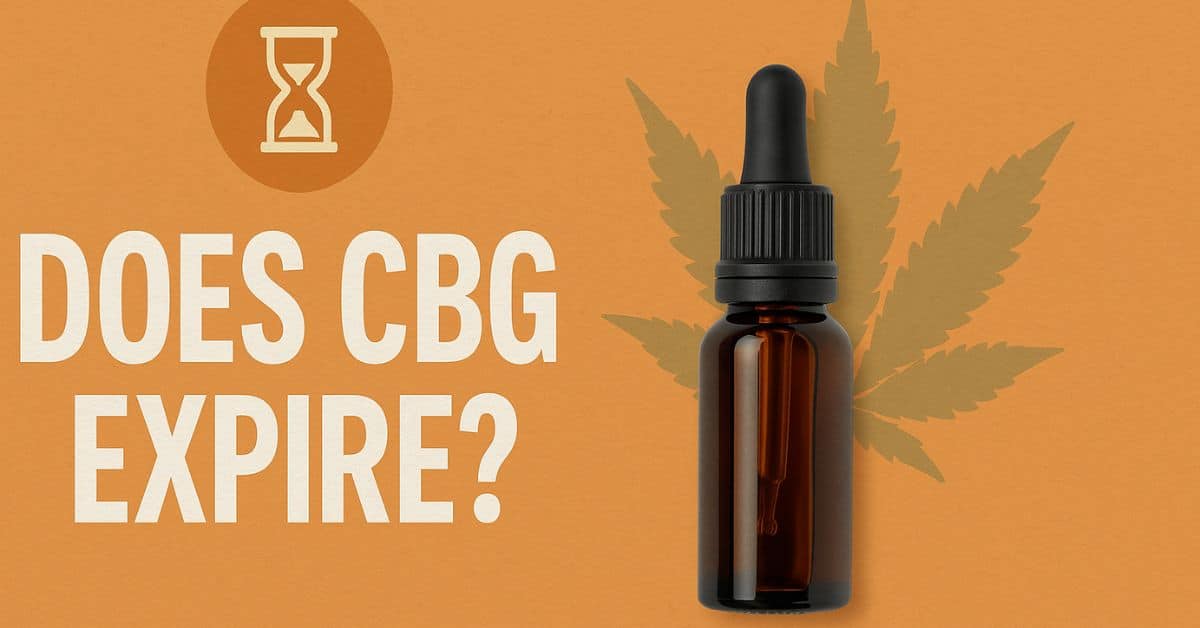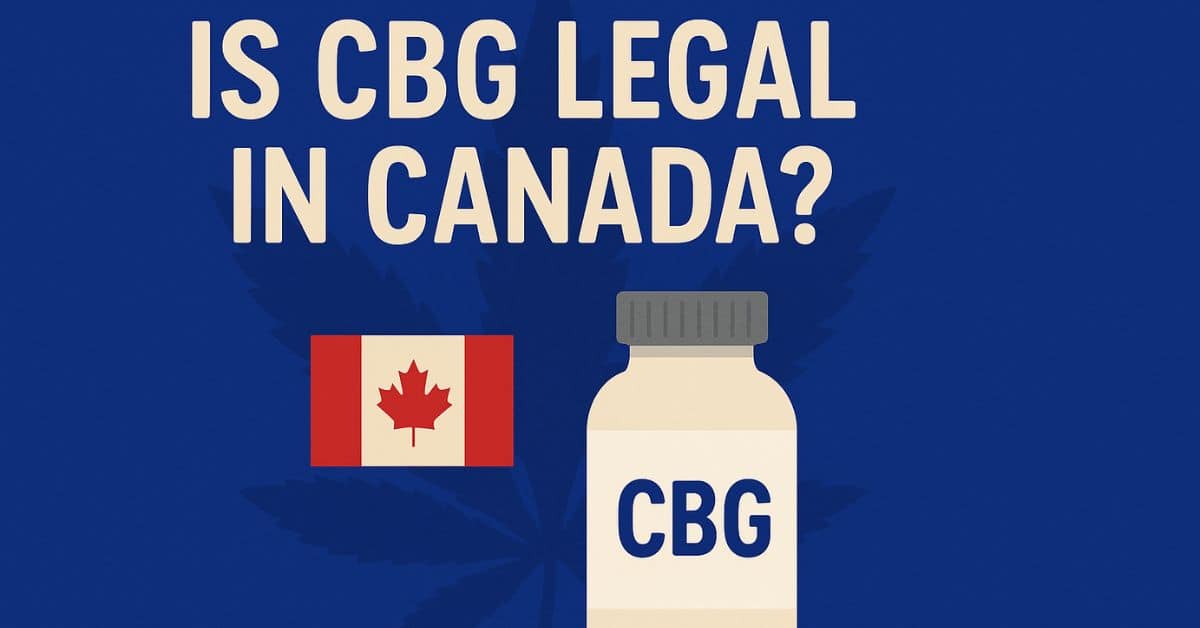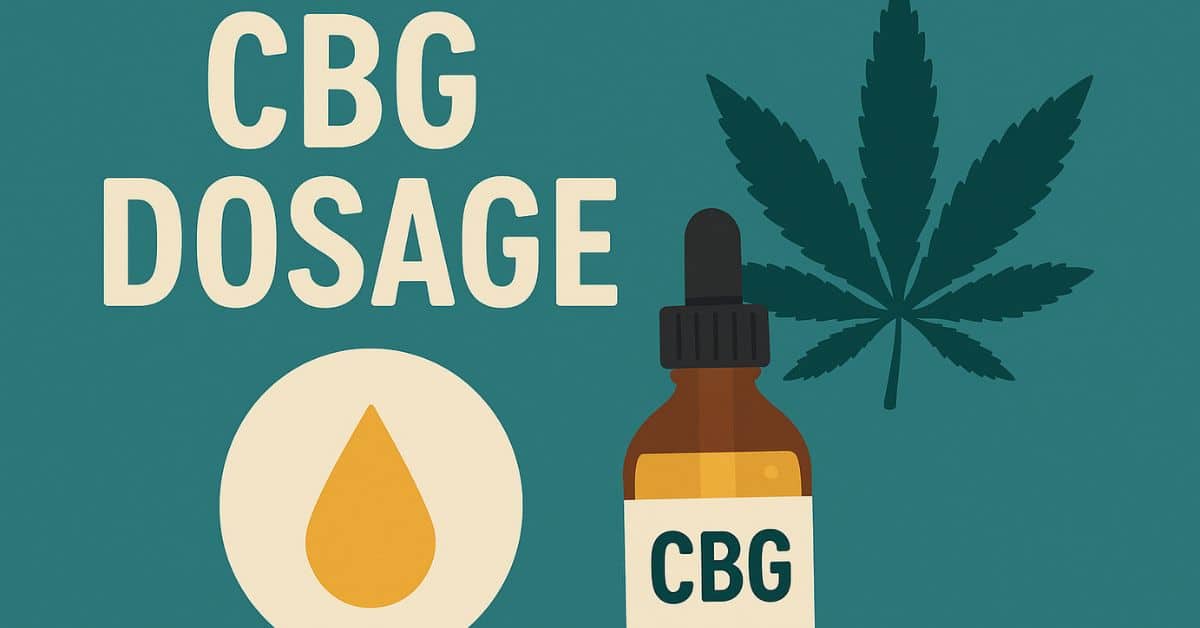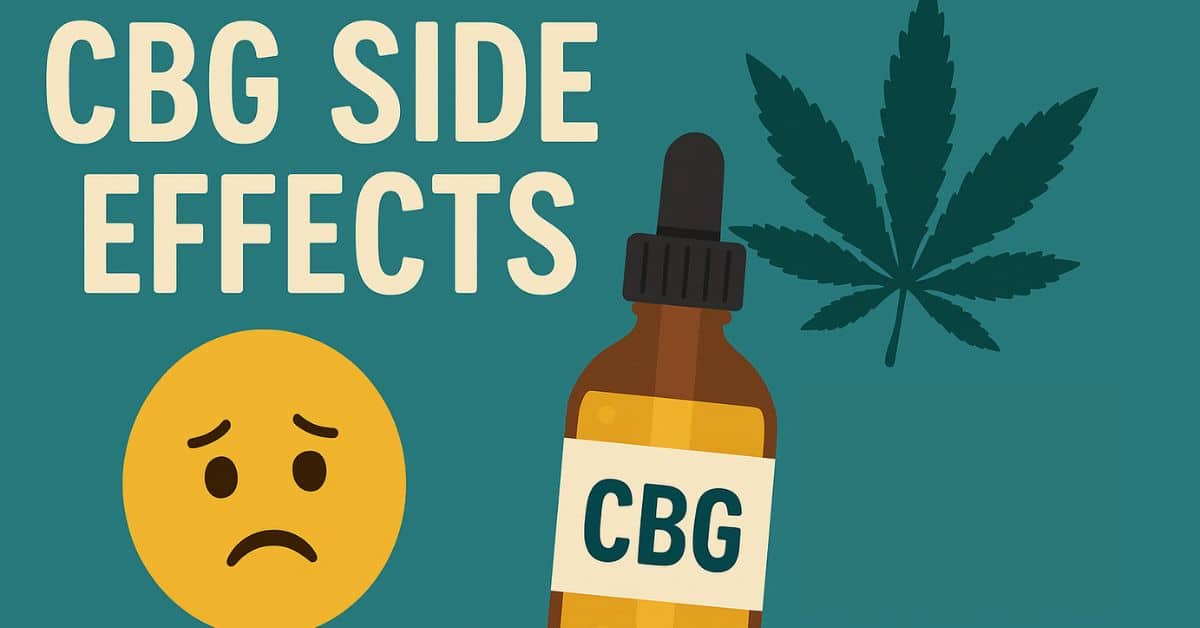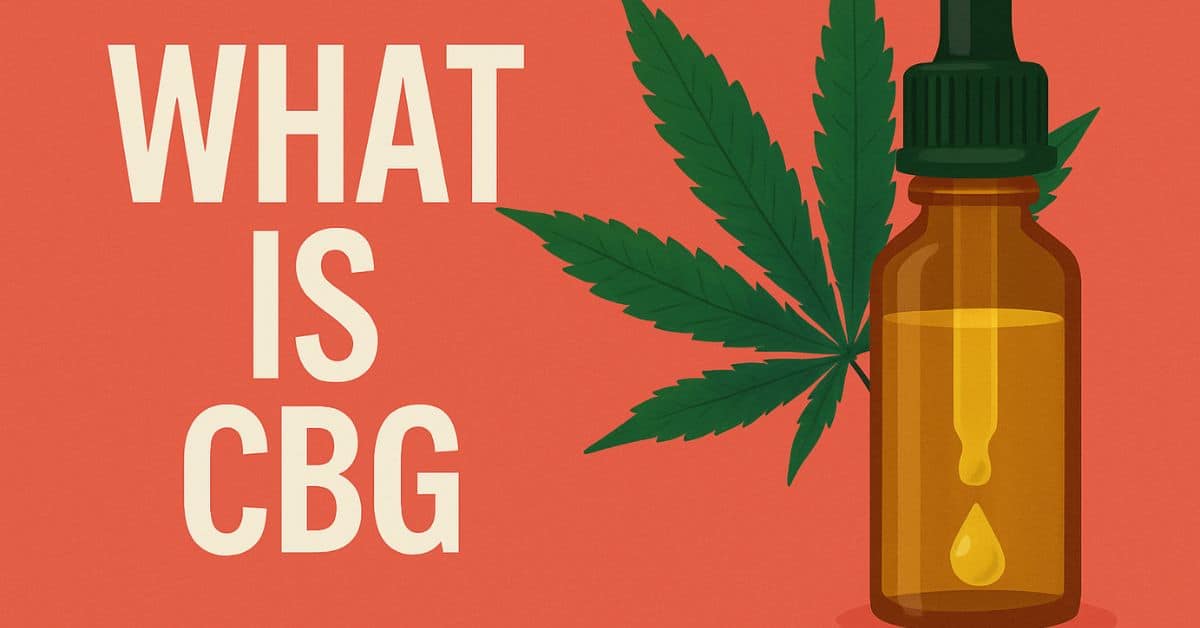No, CBG (cannabigerol) is not typically targeted by standard drug tests. However, in rare cases, CBG could cause complications with testing – not because tests are designed to detect CBG, but because of cross-reactivity or contamination with trace amounts of THC.
Most workplace and athletic drug screenings in Canada look for THC metabolites, not minor cannabinoids like CBG. That said, since CBG is chemically related to other cannabinoids, it’s important to understand the risks before using it if you are drug-tested.
This risk is higher if the CBG product contains small amounts of THC, which may occur with full-spectrum oils or poorly tested products.
For Canadians who face regular testing, choosing CBG isolate products verified by third-party lab reports is the safest option.
What Is CBG?
Cannabigerol, or CBG, is a naturally occurring cannabinoid found in cannabis plants. It is often called the “mother cannabinoid” because many others, including CBD and THC, are derived from CBGA, its acidic form.
Unlike THC, CBG is non-intoxicating and does not cause a high. Instead, it is often described as clear-headed, balancing, and mildly uplifting, making it a popular choice for daytime wellness.
How Drug Tests Work in Canada
Most workplace and athletic drug tests in Canada are designed to detect THC or its primary metabolite, THC-COOH. They are not intended to detect cannabinoids like CBD or CBG.
The main testing methods include:
- Urine tests – The most common workplace screening method, detecting THC metabolites for days or weeks.
- Blood tests – Detect recent THC use, typically within hours to a couple of days.
- Saliva tests – Often used for roadside screening, usually detect THC for up to 24 hours.
- Hair tests – Rare, but can show THC use for up to 90 days.
Even though CBG isn’t specifically tested for, chemical similarities and product contamination can sometimes cause issues.
Can CBG Trigger a Positive Drug Test?
Yes, in rare cases, CBG may trigger a positive result for THC. The risk depends on three main factors:
- Cross-reactivity – Some tests are not highly specific and may mistakenly flag cannabinoids like CBG as THC.
- Trace THC content – Many full-spectrum CBG oils contain up to 0.3% THC (the legal limit in Canada). With regular use, this may accumulate enough to trigger a positive result.
- Product quality – Poorly manufactured products may contain more THC than advertised, raising the chance of a failed test.
How Likely is a Positive Result?
The risk is relatively low, especially with THC-free CBG isolates. However, the risk increases with full-spectrum or broad-spectrum products that contain trace cannabinoids, including THC.
Factors that influence the risk include:
- Product type
- CBG Isolate – Least risky if third-party tested.
- Broad-Spectrum CBG – May still contain small cannabinoids, including THC.
- Full-Spectrum CBG – Most likely to contain detectable THC.
- Dosage and frequency – Higher doses and daily use increase the chance of THC building up.
- Individual metabolism – Some people process cannabinoids more slowly, increasing risk.
- Testing method – Urine tests are more prone to false positives, while advanced GC-MS or LC-MS tests can distinguish cannabinoids more accurately.
How to Reduce the Risk of Failing a Drug Test
- Choose THC-free products – Look for CBG isolate or products labeled “0.0% THC” with verified lab results.
- Check lab reports – Always confirm Certificates of Analysis (COAs) before purchasing.
- Avoid full-spectrum CBG if tested regularly – Even trace THC can accumulate.
- Stop use before testing – If you know you have a test, pause CBG use 2–3 weeks prior.
Should You Avoid CBG if You Are Drug Tested?
If passing a drug test is essential for your job, athletics, or legal reasons, the safest choice is to avoid CBG or use only THC-free isolate products from reputable Canadian Brands.
Even though the risk of failure is low, there is no guarantee of zero risk unless you completely avoid products that may contain THC.
Bottom Line
CBG is not usually targeted by drug tests in Canada, but in rare cases, it can cause false positives due to THC contamination or cross-reactivity.
If you use CBG and are subject to testing, stick to lab-tested CBG isolates, check COAs, and avoid full-spectrum products to reduce your risk.

